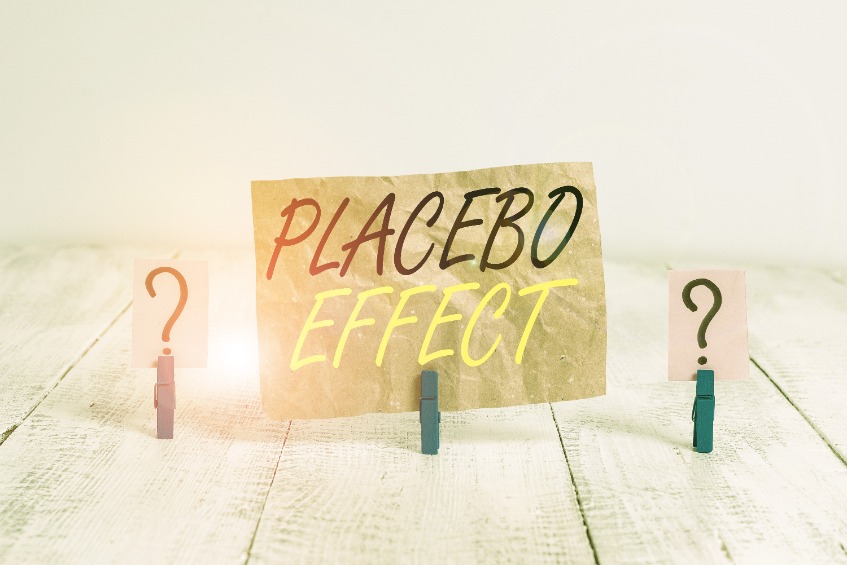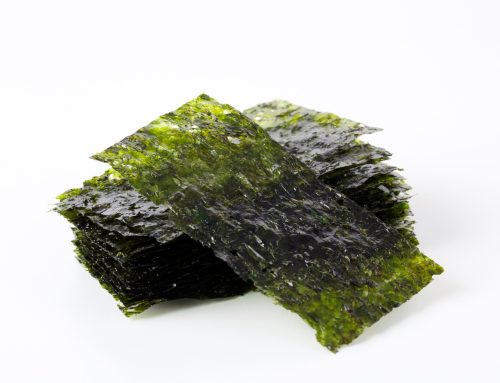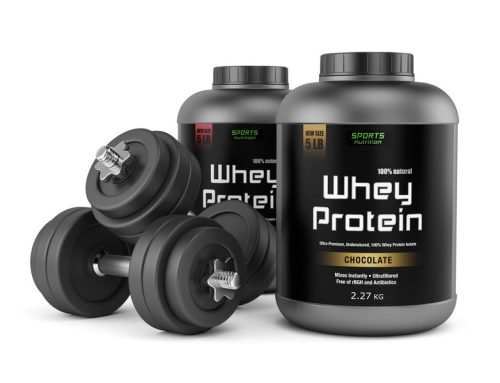Is the placebo effect real? Science has long held a skeptical view of the placebo effect, in which a person derives a physical benefit from a sham treatment. But evidence suggests that the placebo effect is the real deal.
“The placebo effect is more than positive thinking — believing a treatment or procedure will work. It’s about creating a stronger connection between the brain and body and how they work together,” says Ted J. Kaptchuk, director of the Program in Placebo Studies and the Therapeutic Encounter at Harvard-affiliated Beth Israel Deaconess Medical Center.
Body and brain
How the placebo effect works is still not fully understood. Researchers believe it involves a complex neurobiological reaction that increases feel-good neurotransmitters, like endorphins, serotonin, and dopamine, and greater activity in specific brain regions linked to mood, emotional responses, and self-awareness. Together, these can create a therapeutic benefit. “The placebo effect is a way for your brain to tell the body that it can feel better,” says Kaptchuk.
But the placebo effect is not only about enlisting and releasing extra brainpower. You also need the ritual of treatment for it to be effective, according to Kaptchuk.
“When studies compare drugs with placebos to see if they work, people are exposed to an environment and procedures geared toward improving one’s health,” he says. “You must visit a clinic at certain times and be examined by medical professionals. You undergo procedures or receive special medication. All this can profoundly impact how the body perceives symptoms because you feel both consciously and unconsciously that you are getting the attention and care needed to heal.”
Placebo treatments are most effective for reducing pain and easing cancer treatment side effects like fatigue and nausea. However, they do not heal. “Placebos may make you feel better, but they will not cure you,” says Kaptchuk.
While their lasting effects are unknown, placebos have shown to work for the same duration as regular treatments in many trials, whether the study lasts 12 weeks, six months, or a year.
Is the Placebo Effect Real?
It was thought that the placebo effect only worked through deceitfulness — that is, you have to be tricked into thinking a treatment is real. But new research suggests that it may be possible to receive a placebo’s effects even if you know treatments are fake, a concept known as open-label placebos.
A study in the September 2021 issue of the journal Pain explored open-label placebos in treating people with irritable bowel syndrome (IBS).
Approximately 250 people with moderately severe IBS symptoms were randomly divided into two groups. One followed a traditional placebo-controlled format, where half received either a pill containing peppermint oil or a placebo. They were not told which one they took. (Peppermint oil may help with IBS symptoms like cramping and bloating.) The other group took only the placebo but was told it was fake medication (open-label placebo). Participants took the pills three times daily, 30 minutes before meals, for six weeks. Afterward, a majority of both the placebo-controlled and the open-label groups reported similar reductions in their IBS symptoms.
This was only one study, but other studies using open-label placebos have shown similar results for low back pain, cancer-related fatigue, migraines, and knee osteoarthritis.
“This is a major shift in how placebos were believed to work,” says Kaptchuk. “Many doctors thought placebos needed deception to work, but these findings suggest that may not be true.”
Tapping into treatment
So how can the placebo effect work if you know a treatment is not real? Theories abound, but Kaptchuk speculates that the ritual effect may be more potent than previously known.
“People associate the routine of taking medicine with a positive healing effect,” says Kaptchuk. “Even if they know it’s not medicine, the action itself can stimulate the brain into thinking the body is being healed. And the more ritualized the treatment, the more serious and important it feels.”
Given this, the next question is whether it’s possible to give yourself a placebo effect. “Perhaps, but you still need a strong patient-doctor relationship and the ritual of treatment for placebos to work,” says Kaptchuk. “You probably can’t take Tic Tacs on your own and convince yourself it will help your back pain.”
Still, it’s conceivable to tap into the placebo effect’s benefits by adopting rituals of healthy living and self-help, such as healthy eating, exercising, and meditating, Kaptchuk adds.
“While these activities are positive interventions in their own right, the level of attention you give them can enhance their benefits, which in some ways is similar to a placebo effect,” he says. “If you expect these activities to help you get better, it’s quite possible you will.”
Click here to read about is the placebo effect real.







